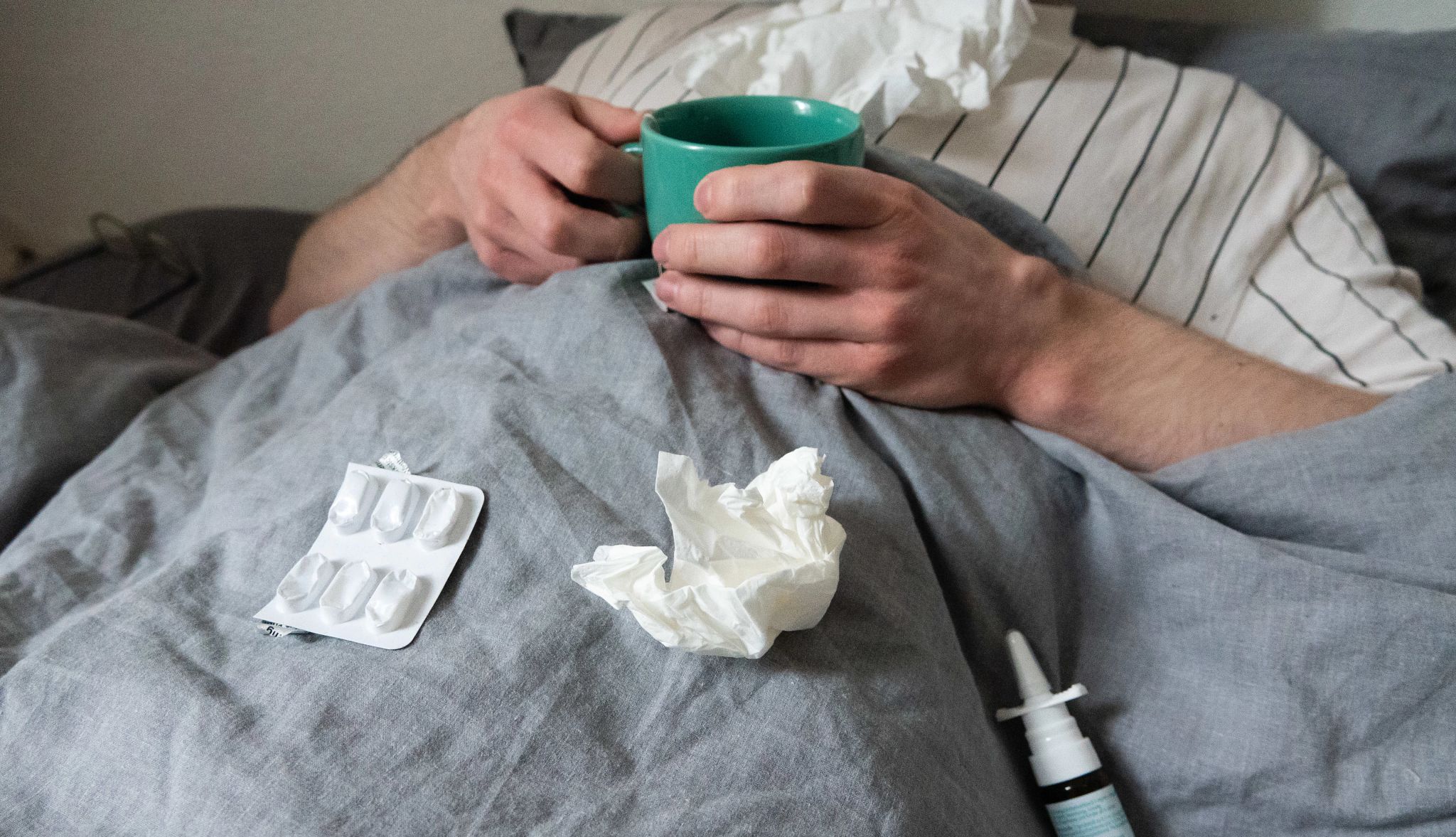
- Select a language for the TTS:
- UK English Female
- UK English Male
- US English Female
- US English Male
- Australian Female
- Australian Male
- Language selected: (auto detect) - EN
Play all audios:
French produce is renowned worldwide for its quality, and is often the backbone of popular modern French cuisine. There are some rules in French supermarkets that may surprise you however,
particularly if you have recently moved and have yet to get to grips with some of the quirks of living in France. Below, we look at four rules for French supermarket shoppers. 1: WHY YOU
NEVER SEE ‘TWO-FOR-PRICE-OF-ONE’ OFFERS IN FRANCE In France, supermarkets are restricted on the discounts they can place on foods, even those close to expiry, a rule that has been in place
since 2019. Products can only be discounted by a maximum of 34% regardless of their status. This is why you do not see ‘two-fers’ (two-for-the-price of one offers) in France as abound in
some other countries. Sometimes you will see deals such as ‘68% off the second product purchased’ but in reality this amounts to 34% off of each of the products. The rules are part of the
EGalim laws that look to protect French farmers and producers alongside reducing damage to the environment. With thin profit margins per item sold, supermarkets run mammoth supply chains in
France, with tens of thousands of stores ranging from tiny convenience markets in city centres to the ‘hypermarkets’ in out of town areas. Generally, French supermarkets have strong
logistics, and you are unlikely to find food on shelves that is out of date. In a rare occasion where this is the case however, anyone who purchases an out-of-date product can return it to
the store for a refund or exchange it for an in-date product. This applies both to products with a strict use-by date – date limite de consommation or DLC, which should be consumed before a
specific date (à consommer jusqu’au) – and best-before dates (date de durabilité minimale, DDM) which have a recommendation to consume them within a specific time (à consommer de préférence
avant). These rules are laid out by the French Finance Ministry. Note that supermarkets are not only restricted from selling food that has gone past these dates, but cannot give it away
for free either, due to health and safety regulations and EGalim restrictions. 2: SEPARATING MULTI-PACK ITEMS Perhaps the biggest shock to those from outside of France, consumers can
sometimes be seen ripping apart the plastic surrounding multipacks of bottles of water and milk to take a single item. This is generally accepted as the norm - as long as the item is not
available to buy in a single unit (at the same product quantity) elsewhere. For example, if your sparkling water brand of preference is packaged in a six-bottle multipack of 75cl each
bottle, and the only other size available in the shop for that brand is 33cl, you can take an individual bottle out of the pack. However, if 75cl bottles are available in both single and
multipacks, you should take the singular bottle. Some French people will tell you this is also the case for any product sold in a multipack with individual packaging, such as yoghurts.
However, you cannot rip apart packaging in this way to purchase products in a single manner if are only sold in lots. In this case, the lot is a ‘single product’ that cannot be further
individualised. Certain products such as yoghurts do not have individual barcodes, and could not be scanned at a checkout unless you have the full packaging relating to purchasing all the
yoghurts. If in doubt, it is best to check with a store worker if individual products in a pack can be taken out, but usually it is not possible. 3: CAN YOU TRY FRESH PRODUCE LIKE GRAPES
BEFORE YOU BUY? It is not legal to ‘test’ fruit and vegetables by eating a small amount before putting them into your basket. This applies both to packaged goods and those sold loose,
market-style in the aisles. “Even if the fruit in question is freely available or sold in bulk, you have to wait… before you can taste it,” said consumer rights expert Olivier Gayraud to
media outlet TF1. You can only have a taste if you are invited to try the produce by a shop worker, such as someone giving out free samples. Technically, eating produce could be classed as
theft, leading to a fine. In reality however, you will likely just be asked to leave the store if caught and potentially banned for repeat offences. Note that in traditional markets, as
well as salons and fairs, consumers have more leeway in sampling goods before purchasing them. Again however, they still have to be given permission to do so unless it is made explicitly
clear the produce is available to consume free of charge. 4: HAVING YOUR BAG CHECKED Security guards at French supermarkets can ask to look inside a shopper’s bag at any point while they
are inside the premises. However, they are only allowed to conduct a physical check if the consumer gives their consent. Otherwise, they can ask the shopper to leave their bag by the store
entrance and call a police officer (who has the right to conduct a physical check inside a person’s bag in all situations). Generally, shoppers carrying other larger bags, either from
other shops or in the form of shopping caddies, are asked to leave them at the store entrance. Smaller bags such as handbags can be carried through into the shop.








